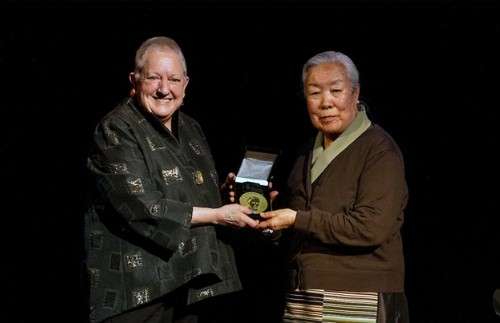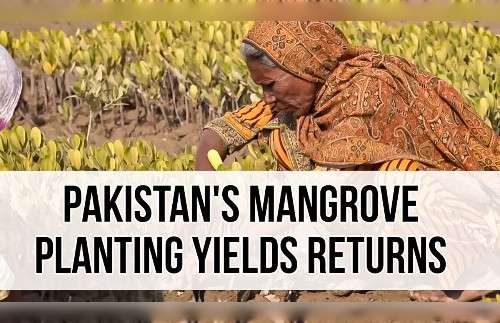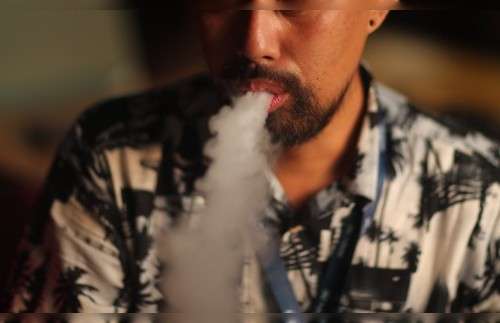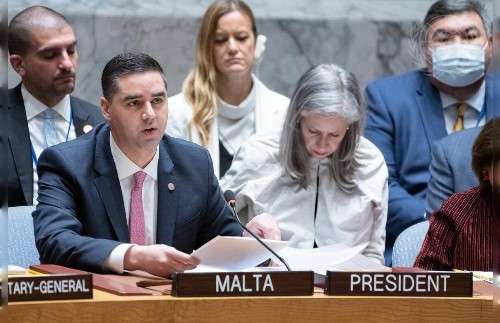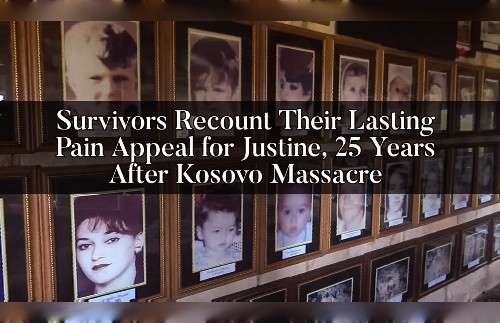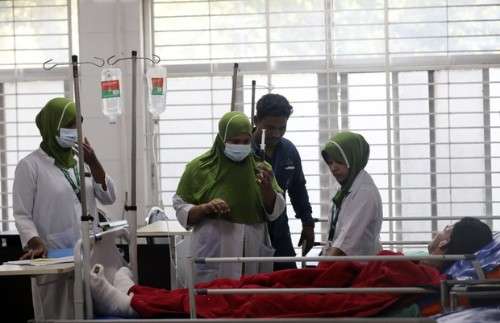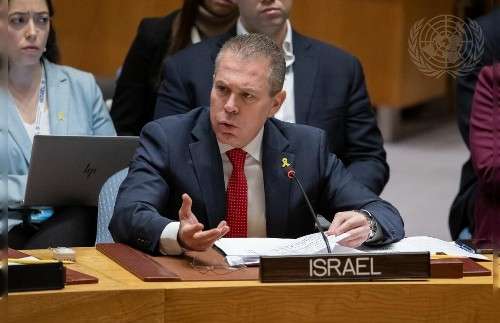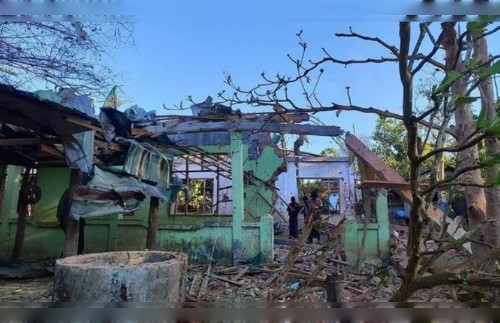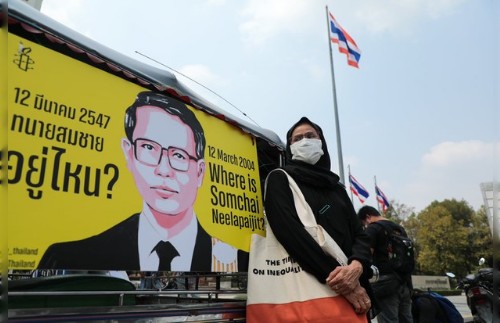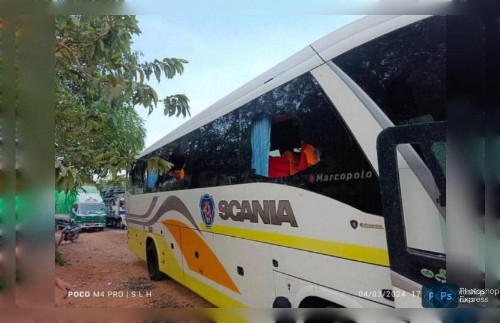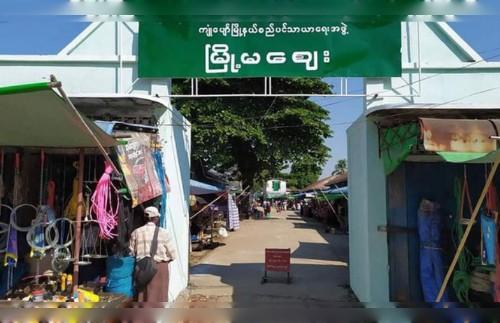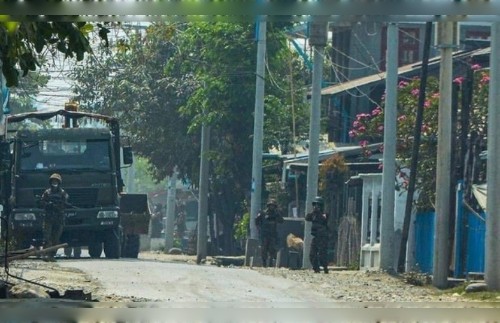
- Survivors share horrific accounts of 8 March attacks which left at least 43 dead
- The ‘Koglweogo’, a self-defence armed group, accused of raiding three villages, killing civilians
- Massacre occurs in the context of a new law, authorizing the recruitment of “volunteers” for military purposes
Key witnesses have told Amnesty International that the appalling attacks in Burkina Faso northern Yatenga province on 8 March were perpetrated by a ‘self-defence’ armed group that has often operated alongside the country’s military.
The organisation spoke to seven key local witnesses and survivors in the villages of Dinguila-Peulh, Barga and Ramdolla-Peulh that were attacked, who clearly stated that it was the ‘Koglweogo’ who carried out the onslaught; firing and indiscriminately killing people, and burning homes and possessions. At least 43 people, including a 90-year old blind man, were killed during these attacks.
The attacks occurred in the context of the government’s promulgation of the ‘Volunteers for the Defence of the Homeland Act’ (Loi sur les volontaires pour la défense de la patrie) in an effort to ramp up the fight against growing violence and attacks by armed groups across Burkina Faso. The law p*rovides for the mobilization of volunteers at the local level to assist the government’s military operations.
“We spoke to survivors in the three villages who told us about the terrible events they witnessed on 8 March. They saw assailants on motorcycles armed with hunting rifles, raiding their villages and firing indiscriminately before burning their homes. Many of these villagers have now fled to Ouahigouya the regional capital, in the wake of these attacks against their lives and their properties,” said Ousmane Diallo, Amnesty International’s West Africa researcher.
“We condemn the horrendous attacks against the population in these villages, along with the previous ones and gross human rights abuses committed by the armed groups. Authorities should investigate the attacks, bring alleged perpetrators to justice, and be more diligent in the protection of civilian lives.”
‘Koglweogo’ identified as responsible for the attacks
According to a press release issued by the Amnesty International, early in the morning of 8 March, the village of Dinguila-Peulh was attacked by a column of armed men on motorcycles and carrying rifles. The assailants then continued towards the villages of Barga and Ramdolla-Peulh.
At least 43 people were killed during the attacks in the three villages according to a government statement which claimed the assailants were “unidentified armed men”.
However, survivors Amnesty International spoke to, clearly identified the ‘Koglweogo’ as responsible for the attacks.
A witness in Dinguila-Peulh told the Amnesty International:
” The ‘Koglweogo’ entered the village on the morning of 8 March around 5.30 AM and started shooting, killing about 24 villagers, including two elders. They stripped some of the dead of their money, took seven motorcycles and burned six other motorcycles. They continued afterwards to Barga where they killed more people, and then to Ramdolla-Peulh, where they only burned homes. Security forces arrived in the afternoon in Dinguila-Peulh. The following day, two ministers visited the village and we could bury the bodies of the people killed. “
A survivor in Barga told Amnesty International how the events unfolded and how his son was seriously injured during the attack:
“Very early in the morning of 8 March, we heard gunshots coming from the northeast… and people soon started to panic. ‘Koglweogo’ arrived on motorcycles and started shooting at all the men. I told my two sons to drive our herd and flee. When I was on my motorcycle, I suddenly saw a ‘Koglweogo’, just in front of the herd. He talked to my elder son, then aimed the gun at him and shot him. He fell on the spot and the man continued on his way.”
The bullet shattered the boy’s jaw and he has been unable to speak since then.
Other survivors told Amnesty International that the ‘Koglweogo’ burned homes, granaries, carts and motorcycles, forcing most of the villagers to flee to Ouahigouya.
The ‘Volunteers for the Defence of the Homeland Act’
According to Amnesty International, the ‘Volunteers for the Defence of the Homeland Act’ is a new law which was promulgated in January 2020, in a context of ethnic polarization in the Sahel, North and Center-North regions of Burkina Faso, as well as the proliferation of non-state armed groups like Ansaroul Islam, the Group for the Support of Islam and Muslims (GSIM), and the Islamic State in the Greater Sahara (ISGS).
Per the law, volunteers are recruited at village-level or at their residence area on a voluntary basis, and with the approval of the village development committee or the municipal council. After selection, they are supposed to be trained for two weeks and deployed under military authority for one-year renewable.
The volunteers are supposed to operate only within their residence area and to be under military authority. In practice, members of the ‘Koglweogo’ armed groups recruited by authorities have operated beyond their residence area, even though some are being suspected of having committed human rights abuses.
“The authorities should ensure the protection of human rights by refraining from recruiting members of self-defense groups such as the ‘Koglweogo’, with little respect for the value of human life, as volunteers. They cannot take the gamble of outsourcing the response to insecurity to armed groups that have regularly abused human rights,” said Ousmane Diallo.
Widespread violence by non-state armed groups
Amnesty International further adds, in Burkina Faso, the violence by non-state armed groups has caused the death of 1,295 individuals in 2019 according to the Armed Conflict Location Event Database (ACLED), an increase of 650% compared to the 173 deaths recorded in 2018.
The authorities have already opened investigations following the Yirgou massacre of 1 January 2019, which caused the death of 49 people according to official sources, and nearly 210 according to civil society organisations. On 23 December 2019, El Hadj Boureima Nadbanka, a ‘Koglweogo’ leader was arrested by the authorities in relation to the Yirgou massacre. He was provisionally released on 4 February 2020.
“Civilians have paid the high price of the violence in Burkina Faso. Authorities must break the cycle of impunity by investigating thoroughly these incidents and prosecuting those responsible before national courts,” said Ousmane Diallo.
“It is crucial that legal proceedings go ahead unhindered in relation to the 8 March attacks, but also the preceding ones such as the Yirgou massacre.”
Dalai Lama’s Sister Receives Award for Educating Tibetans in Exile
Pakistan’s Mangrove Planting Yields Returns
Vapes Hide Dangers Through Sweet Flavors to Lure Children, Thai Govt Says
UN Security Council Meets to Discuss the Maintaince of Peace and Security of Ukraine
Thailand Urges Myanmar’s Junta to Free Aung San Suu Kyi
Survivors Recount Their Lasting Pain Appeal for Justine, 25 Years After Kosovo Massacre
Burn Victims in Bangladesh Suffer Doubly with Few Specialty Hospitals for Treatment
UN Security Council Meets to Discuss Situation in Middle East, Including Palestinian Question
Subscribe Our You Tube Channel
Fighting Fake News
Fighting Lies





